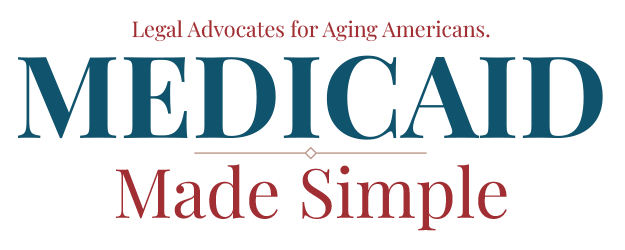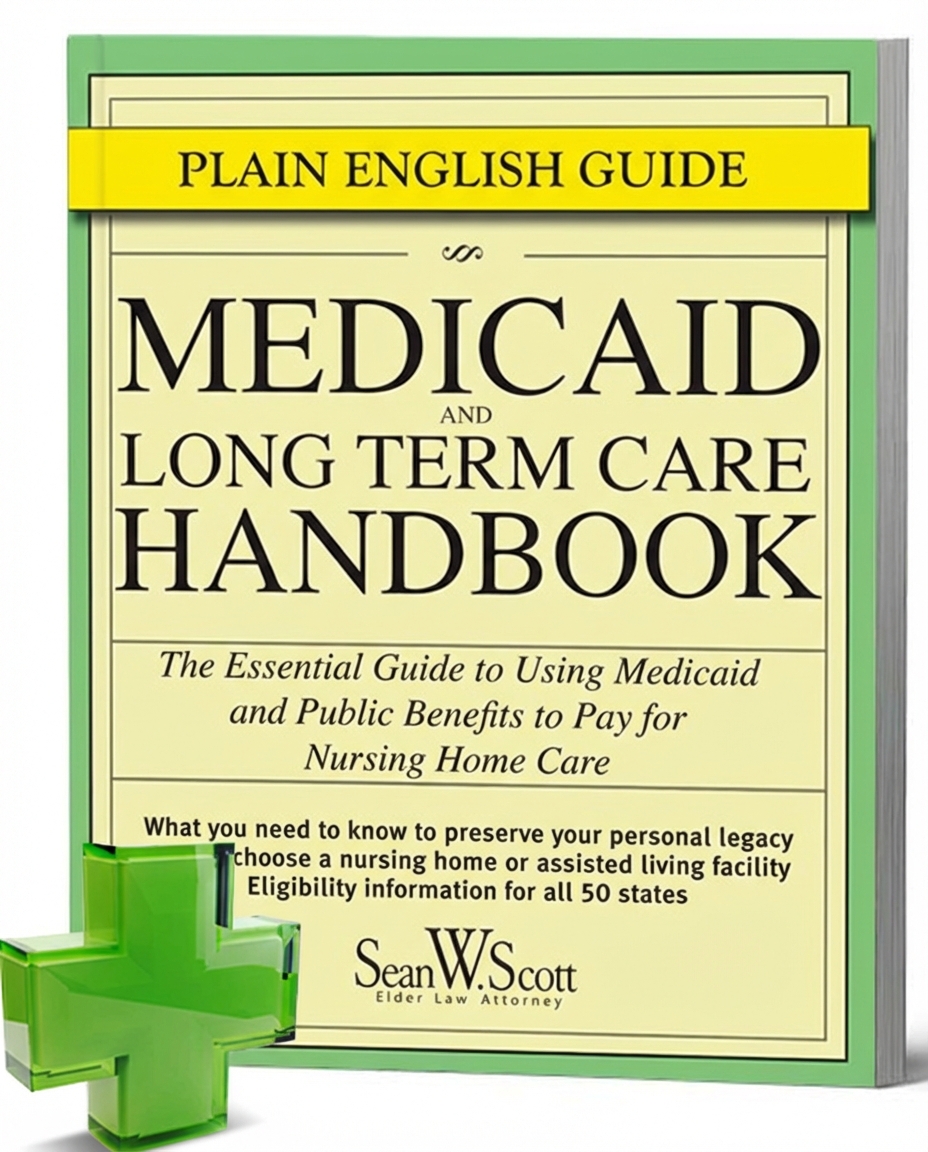Transferring Assets, What You Need To Know.
Ineligibility Period: Medicaid has strict rules regarding asset transfers. If you transfer assets within a certain look-back period (typically five years), you may be subject to a penalty period during which you are ineligible for Medicaid benefits. This can leave you without coverage precisely when you need it.
Loss of Control: When you transfer assets to others, you relinquish control over those assets. You may not have access to the funds or property when you need them for unexpected expenses or emergencies.
Unintended Consequences: Transferring assets can have unintended consequences, such as impacting your eligibility for other government benefits, like Supplemental Security Income (SSI), or affecting your tax situation.
Tax Implications: Gifting or transferring assets can trigger gift tax or capital gains tax implications, which may result in a substantial tax liability for both the giver and the recipient.
Creditor Claims: Transferring assets can expose those assets to potential creditor claims against the recipient, putting your hard-earned wealth at risk.
Family Conflicts: Asset transfers within families can sometimes lead to family conflicts and disputes. Disagreements about who should receive the assets, unequal distributions, or misunderstandings can strain relationships.
Complex Legal Implications: Asset transfers can involve complex legal issues, and if not done correctly, they may be subject to legal challenges or disputes.
Limited Planning Opportunities: Asset transfers can limit your planning opportunities. For example, if you transfer your home, you may not be able to take advantage of certain Medicaid exemptions or protections for your primary residence.
Family Dynamics: Asset transfers within a family can sometimes lead to complicated family dynamics, disputes, or misunderstandings.
Changing Circumstances: Transferring assets might not provide long-term financial security, as circumstances and financial needs can change. What seemed like a good idea at one point may not be practical later.
Spending down assets on permissible expenses: Using assets to pay for medical bills, home modifications, or other legitimate expenses.
Setting up irrevocable Medicaid-compliant trusts: These trusts can help protect assets from the look-back period, although they come with specific rules and restrictions.
Consulting with an elder law attorney: Seeking legal advice from an attorney who specializes in Medicaid planning can help individuals navigate the complex Medicaid rules and make informed decisions.




